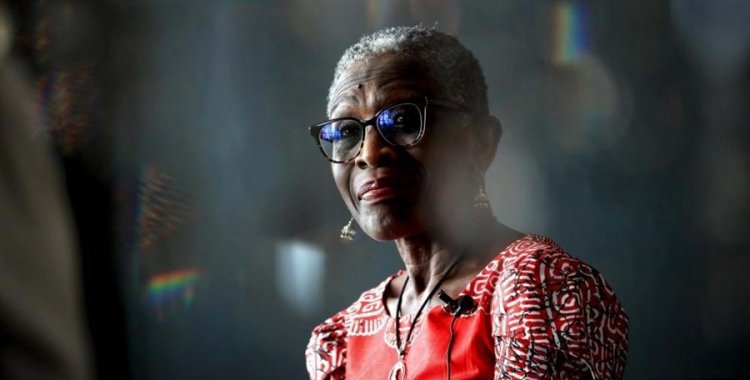In an interview with Lusa as part of a visit last week to Angola, Antoinette Sayeh praised the Angolan authorities, encouraging them to continue reforms, and considered that the fact that they had, "in a very challenging context", assimilated "in a solid way" the financial assistance program was a critical factor in its success.
"We saw this throughout the implementation of the program, in a very challenging context, with multiple shocks, since the pandemic, which required some recalibration to continue responding to challenges that are still very difficult, and very close work with the authorities", she highlighted, highlighting that the program was focused on macroeconomic stability since Angola, as an oil exporting country, is particularly susceptible to price shocks.
Asked whether a new program is needed, the official considered that currently not, taking into account the financing needs of the balance of payments, and said that the authorities have not approached the IMF in this regard.
The former Liberian Finance Minister also discussed the role of the IMF in African countries, considering that, in the last four years of multiple shocks, it has proven to be "a safety net", especially for countries that have few reserve funds.
"We have seen, during this period, a significant increase in financing needs and have provided 58 billion dollars in loans to sub-Saharan Africa, while also providing technical assistance to strengthen macroeconomic policies," she said.
This region, she highlighted, is the one that benefits most from technical assistance and training from the Fund.
Regarding criticism of the austerity associated with IMF programs, she recalled that most countries turn to the institution when they are already in crisis or close to crisis, with the Fund being "almost a lender of last resort" for countries that can no longer obtain another type of financing and allows you to respond to immediate needs, such as salary payments.
"IMF financing makes it possible to avoid more disastrous consequences for the economy and for the most vulnerable," she noted.
She also highlighted that the IMF's resources belong to the 190 member states that make up the Fund and "it is important that they are safeguarded for the needs of other countries, and this is allowed by conditionality".
On the other hand, "countries also want some guarantees that the financing they have contracted will be available and the conditions that are agreed to restore macroeconomic stability, when they are implemented, allow countries to be assured that the resources will be there", she explained.
Finally, they also have a catalytic effect, according to Sayeh, as they facilitate access to other financing and other international financial institutions, giving "some comfort" that the reforms will be implemented and will help the country return to stability and emerge from the crisis.
"That's why this conditionality associated with our loans works better when it is assimilated by countries, as was the case in Angola", highlighted the deputy director of the Fund.
Antoinette Sayeh acknowledged that sub-Saharan Africa needs "significant" levels of financing, and that China has played an important role with expanded financing that includes, for example, infrastructure, as opposed to IMF financing that is concessional (loans with more favorable than market rates, characterized by low interest rates and longer payment periods) and respond to balance of payments needs.
She also assumed that vulnerability to debt in Africa is "high", recommending that countries be careful about the levels of debt they incur, taking into account that the ratio to Gross Domestic Product (GDP) has almost doubled in low-income countries in the last ten years, shooting from 30 percent to 60 percent.
"A significant number of low-income countries are at debt distress levels," she warned.
Antoinette Sayeh highlighted that the IMF is now adjusting lending limits for these countries in the context of agreements such as the PRGF (Poverty Reduction and Economic Growth Facility) which is the origin of concessional loans for low-income countries.
"This facility has no associated interest and we are in the process of reviewing (the limits) to determine what other adjustments we need to make to respond to the needs of sub-Saharan African countries," she told Lusa.
The IMF official also highlighted the new RSF agreement (Sustainability and Resilience Facility), an instrument with longer maturities, aimed at countries faced with new challenges such as climate change or pandemic preparedness, under which 18 loans have already been granted, half for sub-Saharan Africa, thus illustrating the Fund's "agility" in responding to the needs of this region.
Antoinette Sayeh lamented that sub-Saharan Africa only benefits from 3 percent of global foreign investment flows.
"You can do much better," she stressed, highlighting that investments in natural resources can also be beneficial, depending on how they are used.
"They are not necessarily bad and countries (with these resources) have a competitive advantage," she said.
In the case of Angola, she pointed out that the Portuguese-speaking country has come "a long way" and managed to make considerable reforms on the fiscal and monetary policy side, also defending more attractive policies for investors outside the mineral resources sector.







